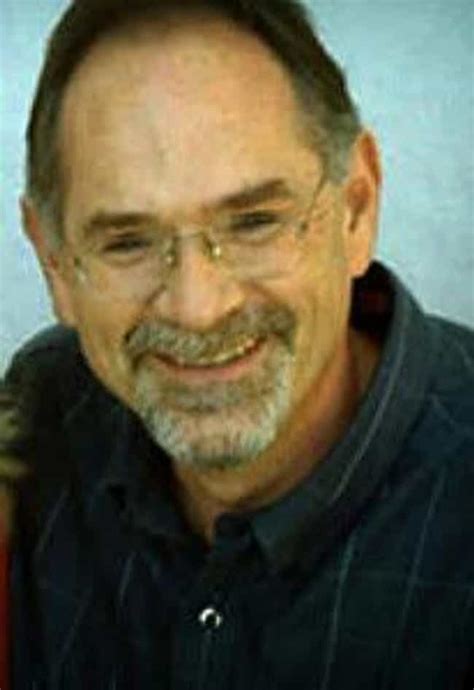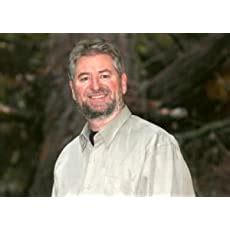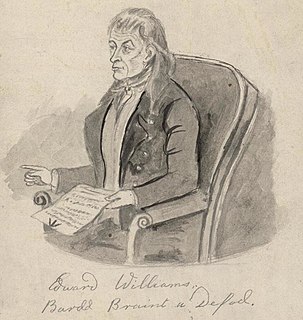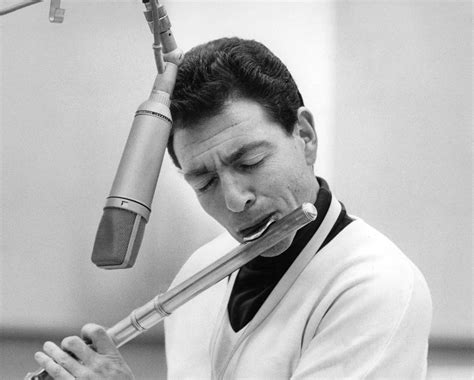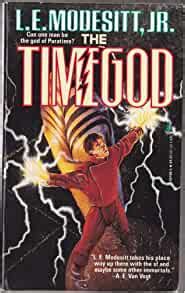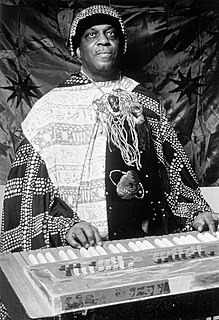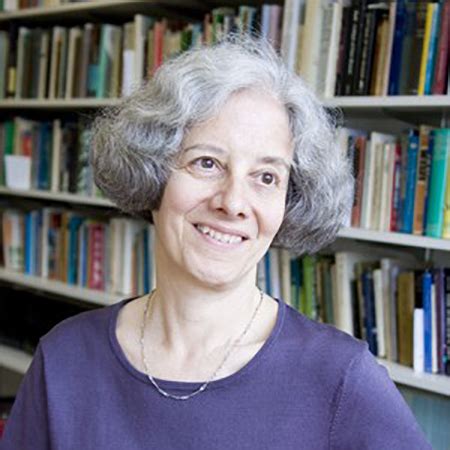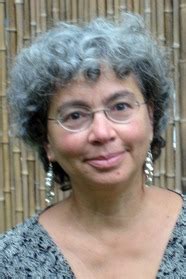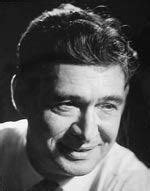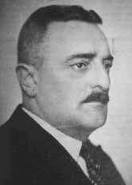Top 1200 Understanding Knowledge Quotes & Sayings
Explore popular Understanding Knowledge quotes.
Last updated on April 21, 2025.
In truth, opinion may be taken for understanding; understanding cannot be taken for opinion. How so? Surely because opinion may be deceived; understanding cannot be. If it could, it would not be understanding but opinion. For true understanding has not only certain truth, but the knowledge of truth.
Guarding knowledge is not a good way to understand. Understanding means to throw away your knowledge. You have to be able to transcend your knowledge the way people climb a ladder. If you are on the fifth step of a ladder and think that you are very high, there is no hope for you to climb to the sixth.
True poetry is born of scrutiny,
Scrutiny, the son of meditation,
Meditation, the son of lore,
Lore, the son of inquiry,
Inquiry, the son of investigation,
Investigation, the son of knowledge,
Knowledge, the son of understanding,
Understanding, the son of wisdom,
Wisdom, the son of surrender to the Divine Will
Thus it is with the poet himself: his art is powerful, protecting, elevating, and his judgement straight and strong
...God does not possess a private knowledge of Himself and a separate knowledge of all the creatures in common. The universal Cause, by knowing Itself, can hardly be ignorant of the things which proceed from It and of which It is the source. This, then, is how God knows all things, not by understanding things, but by understanding Himself.
Humility is essential to the acquiring of spiritual knowledge. To be humble is to be teachable. Humility permits you to be tutored by the Spirit and to be taught from sources inspired by the Lord, such as the scriptures. The seeds of personal growth and understanding germinate and flourish in the fertile soil of humility. Their fruit is spiritual knowledge to guide you here and hereafter.
The vain presumption of understanding everything can have no other basis than never having understood anything. For anyone who had ever experienced just once the perfect understanding of one single thing, and had truly tasted how knowledge is accomplished, would recognize that of the infinity of other truths he understands nothing.
Wisdom is not developable, as if it's a matter of luck or personality or genetics. Well it's just not the case. Wisdom involves our accumulated knowledge about a subject but also a reverence for life, for an understanding that our immediate actions have long-term consequences, and for an appreciation that there are different ways of knowing and understanding situations.
There comes a point in every story where you have got a reservoir of knowledge, and you are then really just adding the substantial new facts to your understanding of it. That is the easiest situation, because you can call on that reservoir, but when you get a sudden story out of nowhere, like ebola, you don't have a reservoir of knowledge.
The most valuable thing a teacher can impart to children is not knowledge and understanding per se but a longing for knowledge and understanding, and an appreciation for intellectual values, whether they be artistic, scientific, or moral. It is the supreme art of the teacher to awaken joy in creative expression and knowledge. Most teachers waste their time by asking questions that are intended to discover what a pupil does not know, whereas the true art of questioning is to discover what the pupil does know or is capable of knowing.
We can hardly say that the Pharisees had an accurate ‘knowledge’ of man when they pointed to the sins (the real sins) of publicans and sinners. This judgment, which separated knowledge of man from self-knowledge, was as nothing in God’s eyes. The Jew did not have a better understanding because he was able to judge the heathen. In the sphere of abstract morality this could possibly be said, but this is not Biblical morality - O man, who judgest others!
It is better to have but little knowledge with humility and understanding, than great learning which might make you proud. For a person's merits are not to be estimated by having many visions, or by knowledge of the bible, or by being placed in a higher position; but by being grounded in true humility, and by seeking always, purely, and entirely, the honor of God.
If one does not make human knowledge wholly dependent upon the original self-knowledge and consequent revelation of God to man, then man will have to seek knowledge within himself as the final reference point. Then he will have to seek an exhaustive understanding of reality. He will have to hold that if he cannot attain to such an exhaustive understanding of reality he has no true knowledge of anything at all. Either man must then know everything or he knows nothing. This is the dilemma that confronts every form of non-Christian epistemology
Grant, Goddess, thy protection, And in protection, strength, And in strength, understanding, And in understanding, knowledge, And in knowledge the knowledge of justice, And in the knowledge of justice, the love of it, And in that love, the love of all existences, And in the love of all existences, the love of Goddess and all goodness.
I've approached music with the understanding that knowledge is available regarding tones and their effect upon the body. I think the father of that knowledge was the mathematician Pythagoras who lived several thousand years ago. Pythagoras was also a fine musician and he knew specifically what tones would affect which parts of the body.
Not to Learn Irish is to miss the opportunity of understanding what life in this country has meant and could mean in a better future. It is to cut oneself off from ways of being at home. If we regard self-understanding, mutual understanding, imaginative enhancement, cultural diversity and a tolerant political atmosphereas a desirable attainments, we should remember that a knowledge of the Irish language is an essential element in their realisation.
Scientific knowledge is, by its nature, provisional. This is due to the fact that as time goes on, with the invention of better instruments, more data and better data hone our understanding further. Social, cultural, economic, and political context are relevant to our understanding of how science works.
Data isn't information. ... Information, unlike data, is useful. While there's a gulf between data and information, there's a wide ocean between information and knowledge. What turns the gears in our brains isn't information, but ideas, inventions, and inspiration. Knowledge-not information-implies understanding. And beyond knowledge lies what we should be seeking: wisdom.
For many ages it has been allowed by sensible men, Nihil est in intellectu quod non fuit prius in sensu: That is, There is nothing in the understanding which was not first perceived by some of the senses. All the knowledge which we naturally have is originally derived from our senses. And therefore those who want any sense cannot have the least knowledge or idea of the objects of that sense; as they that never had sight have not the least knowledge or conception of light or colours.
The reason we can't attain the highest level of knowledge while incarnate is that we can't then wholly escape the influence of the body (and so of perception and of certain desires that take us away from thinking properly); and that prevents us from understanding fully what forms are, which one must do in order to have the highest level of knowledge.
Hire and promote first on the basis of integrity; second, motivation; third, capacity; fourth, understanding; fifth, knowledge; and last and least, experience. Without integrity, motivation is dangerous; without motivation, capacity is impotent; without capacity, understanding is limited; without understanding, knowledge is meaningless; without knowledge, experience is blind. Experience is easy to provide and quickly put to good use by people with all the other qualities.
While we can learn or study techniques for almost anything we might want to accomplish, real understanding is not the mere accumulation of knowledge. Understanding cannot be realized by listening or reading about the realization of others. It must be achieved firsthand via substantive, direct perception in the moment.
A man becomes calm in the measure that he understands himself as a thought-evolved being. For such knowledge necessitates the understanding of others as the result of thought, and as he develops a right understanding, and sees ever more clearly the internal relations of things by the action of cause and effect, he ceases to fuss, fume, worry, and grieve. He remains poised, steadfast, serene.
By this we may understand, there be two sorts of knowledge, whereof the one is nothing else but sense, or knowledge original (as I have said at the beginning of the second chapter), and remembrance of the same; the other is called science or knowledge of the truth of propositions, and how things are called, and is derived from understanding.
Reading honest literature makes you love the world. Knowledge and understanding are love. Reading educates our feelings and enhances our sympathy. When you read for understanding, you are fundamentally changed. You are a different person at the end of the story or the novel than you were when it began.
Knowledge is a burden if it robs you of innocence. Knowledge is a burden if it is not integrated into life. Knowledge is a burden if it doesn't bring joy. Knowledge is a burden if it gives you an idea that you are wise. Knowledge is a burden if it doesn't set you free. Knowledge is a burden if it makes you feel you are special.






